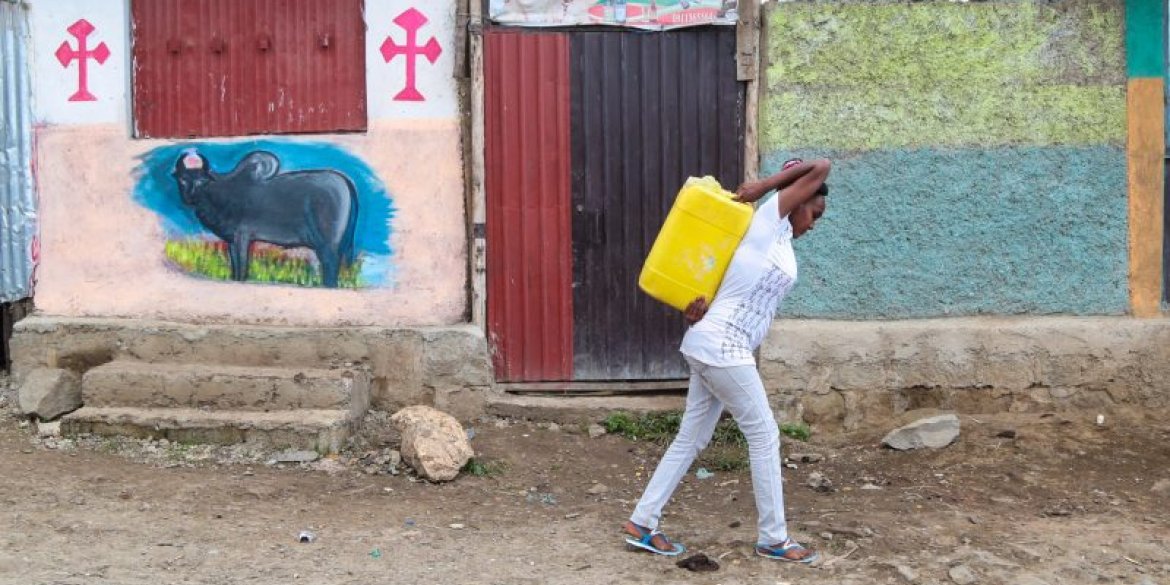Institutional Capacity Building
Institutional Capacity Building

The overall project logic is based on the need to build on national cooperation and capacity to manage return and reintegration. There are very limited service providers in Ethiopia engaged in the reintegration of returnees. Therefore, systemic capacities of service providers will be strengthened to support the socio-economic reintegration of migrants through enhanced coordination and referral among focal institutions and key stakeholders.
Further to the previously mentioned ToT trainings on Entrepreneurship and motivational skills training and SIYB tool as well the development of standardized short term trainings, the ILO has partnered with various governmental institution to strengthen their capacity.
1.Development of a reintegration directive
The ILO in close collaboration with MoLSA developed and validated a Reintegration package which is a tool that is expected to serve as a point of reference for the government, CSOs and NGOs working in the area. Based on recommendation, ILO is supporting MoLSA, National Anti-trafficking task force and Federal and Oromia Region Urban Job Creation and Food Security Agency in the development of a national reintegration directive.
This package is expected to serve as a legal document to reinforce the use of common methods and approaches in reintegration of returnees. The package among other things defined the institutional support and referral mechanism; the roles and responsibilities of different actors in the process; types, methods and phases of reintegration assistance to be provided by stakeholders as well as their level of engagement at federal and regional level; the coordination and collaboration frameworks amid involved stakeholders.
The Directive has been drafted by the task team and has been validated on 31 May 2018 by 41 (6F) government and non-government stakeholders at federal and regional level. Following the inclusion of comments from the validation workshop the directive is currently submitted to the respective bodies for endorsement and implementation.
2. Development of various assessment to increase knowledge management
- Situations and needs assessment of Ethiopian returnees from the Kingdom of Saudi Arabia – ILO commissioned an assessment to study the status and needs of KSA target skills development interventions towards labour market demand in order to better coordinate efforts in supporting their sustainable reintegration.
- Assessment of the business services and training market – ILO conducted a study to clarify the demand of the target beneficiaries, both technical and decent livelihood needs as well as identify existing financial and non-financial service providers (and their capacity) to improve livelihood opportunities for returnees.
- Rapid market assessment of six sectors – ILO conducted a study to help in identifying the sectors and value chains that are most able to absorb returnees in the country so as to better
- National mapping of stakeholders working in migration and reintegration of returnees – In collaboration with the National Anti-Trafficking taskforce, the ILO is mapping out the existing stakeholders working on migration governance at federal, regional and woreda level in Ethiopia to improve coordination and collaboration
Assessment on the private employment agencies service provision in Ethiopia – In collaboration with MoLSA, ILO will assess the effectiveness of services provided by PrEA at national/local level and identify challenges and opportunities vis a vis the triangular employment relationship for possible concrete and actionable policy level recommendation in order to ensure decent work for beneficiaries.